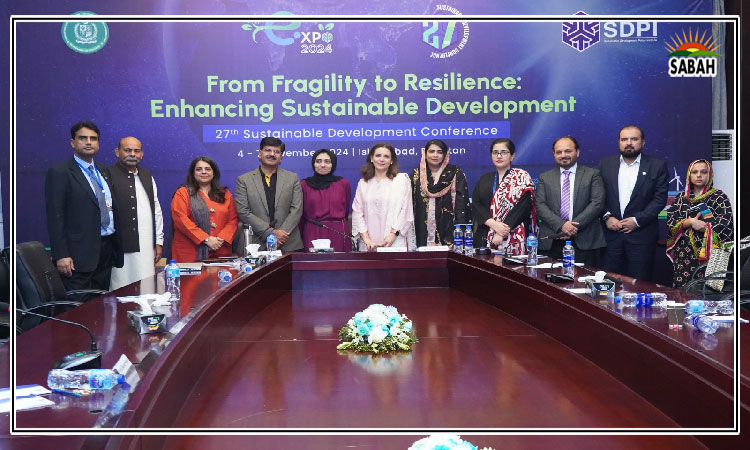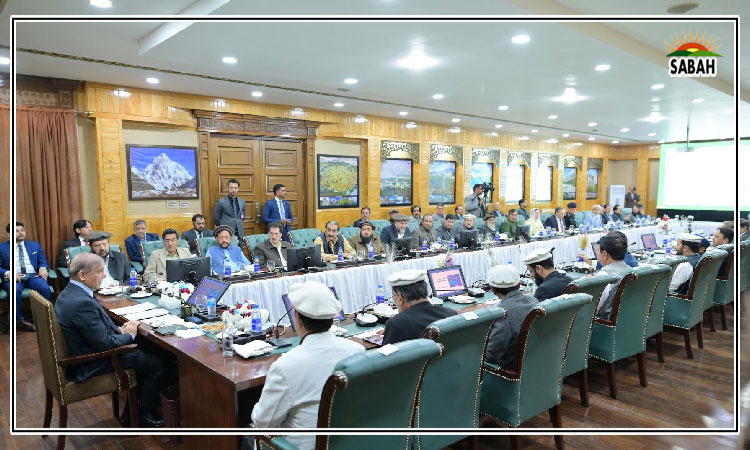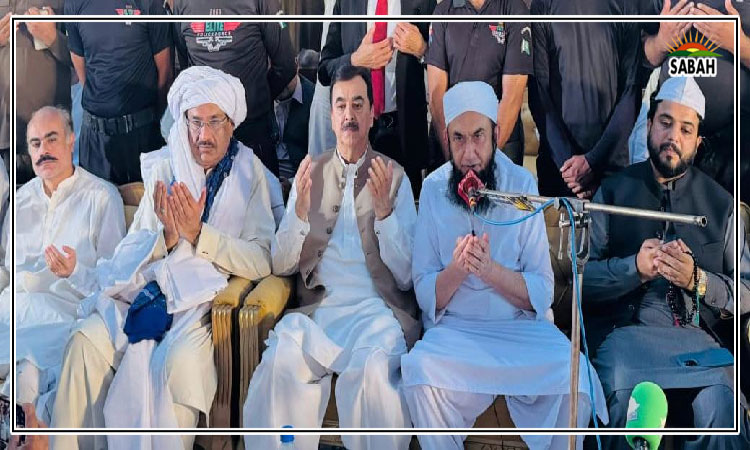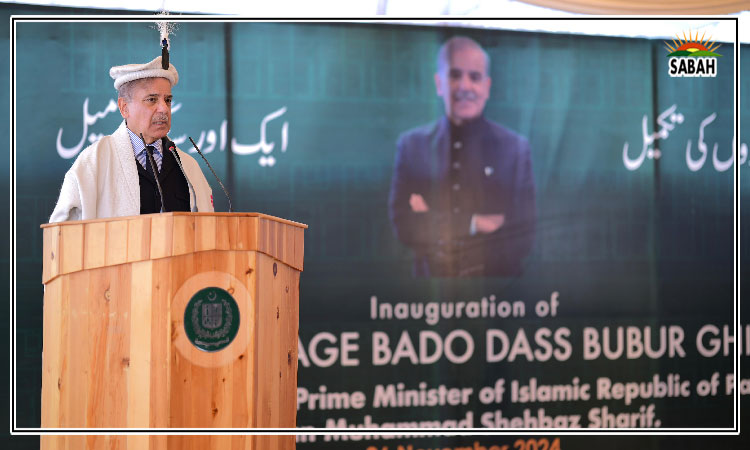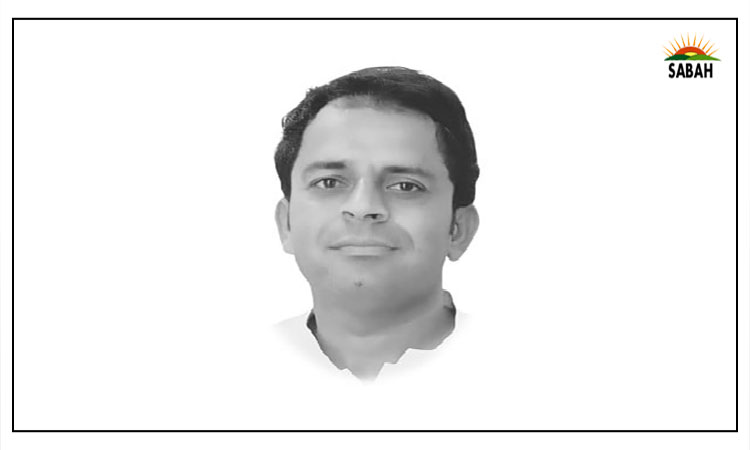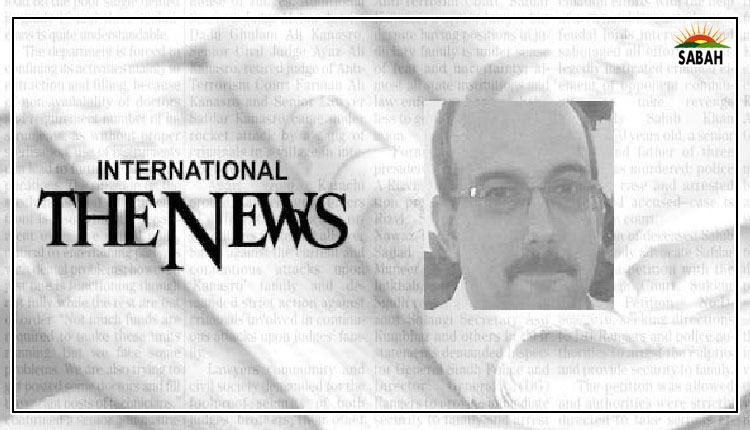The hopeful future of the Supreme Court…Dr Naazir Mahmood
It is a new day in a new Supreme Court of Pakistan (SCP). Led by Chief Justice Qazi Faez Isa, the SCP now appears to be making noble efforts to reintroduce some order into our judicial system.
Not that there was no order previously, but the steps that some of the former chief justices took betrayed their innocence.
On March 22, the Supreme Court set aside the dismissal of former Islamabad High Court (IHC) judge Shaukat Aziz Siddiqui, and by doing so added another feather to its cap. Just to recap: in January this year, a five-member bench including the CJ and Justices Aminuddin Khan, Jamal Mandokhel, Syed Hasan Rizvi, and Irfan Saadat reserved its verdict on Siddiquis plea against his removal.
Credit goes to the court for broadcasting the proceedings of the case live on the SCs website. The former judge had challenged a decision by the Supreme Judicial Council (SJD), dismissing him from service.
It is worth recalling that right after assuming power in 2018, the PTI government and its leader, Imran Khan, initiated a relentless attempt to acquire absolute power by crushing the opposition and intimidating other state organs. In its effort, the PTI government reportedly had support from the most significant quarters of power in the country.
Even the SJC, willingly or unwillingly, appeared to be toeing the official line. Accusations against Justice Siddiqui revolved around a speech he delivered at the Rawalpindi Bar Association. A major charge against Justice Siddiqui was that he had accused intelligence services of influencing the court proceedings and forming benches of choice. It was not an entirely new accusation, as in the past, we had seen the judiciary of Pakistan crack under pressure from the civil and military bureaucracy.
In the 1950s, the CJ Munir-led Supreme Court that Chief Justice Munir led set the tone for the future line of action that successive chief justices followed of course, barring a few exceptions. In the 1960s, CJ AR Cornelius, otherwise a decent judge, could not stand up against the wrongdoings of the first military dictator of Pakistan, General Ayub Khan.
In the 1970s, Justice Hamoodur Rehman, again not a bad judge, wrote the daring Hamoodur Rehman Commission Report exposing the misdeeds of military action in East Pakistan (now Bangladesh) that led to the breakup of the country in 1971. But the same judge buckled under pressure from the ZA Bhutto government and validated its decision to impose a ban on the only major left-wing and progressive party that Abdul Wali Khan was leading in Pakistan.
Justices Maulvi Mushtaq and Anwarul Haq denied ZA Bhutto a fair trial and, in collusion with the military regime of General Ziaul Haq, hanged the former prime minister.
In the 1980s, Justice Haleem, so far the longest-serving chief justice of Pakistan, did not challenge the usurper General Zia in any significant way. He did not object to the sham referendum and the unlawful imposition of the eighth amendment in the country. In the 1990s, then CJ Naseem Hasan Shah acknowledged there were pressures from the usual suspects during the Bhutto trial. This has now proved to be true, as a recent opinion by the SC confirms that the ZA Bhutto did not get a fair trial.
In the 2000s, Justice Irshad Hasan Khan emerged as yet another judge who could not resist, or willingly accepted, military intervention.
Then the Imran Khan project of the 2010s had full support from many serving and retired generals who had like-minded judges in the courts. So given this background, when Justice Siddiqui levelled certain accusations against some officers, ideally there should have been a thorough investigation. Instead, Justice Siddiqui lost his job as a result of a controversial decision against him by the SJC in 2018, just weeks after the PTI assumed office.
Siddiqui nominated seven individuals in his amended plea, including the former chief of army staff and two retired brigadiers. The SC remarked that these three army officers had no direct connection with the case. Earlier this year, former ISI director general Lt-Gen Faiz Hameed submitted his response to Justice Siddiquis petition and rejected the allegations of his involvement in constituting IHC benches to prolong the detention of former premier Nawaz Sharif and his daughter Maryam Nawaz.
It is true that spymasters all over the world indulge in political shenanigans not only in their own countries but also in other countries. They make frequent attempts to dent peoples freedom and democratic processes, while also trespassing into the judicial domain.
On various occasions, many of our high-level officers have displayed a particular type of self-deception that was not always in good faith. History has more abundant evidence than what they can counter.
In February 2024, a 23-page statement that Gen Faiz and Irfan Ramay submitted to the SC through their counsel, Khawaja Haris, said that the constitution does not provide for the continuation of the SJC proceedings against judges who either resigned from office or retired on reaching superannuation prior to the conclusion of such proceedings. This did not carry much weight as the SC raised questions about whether the SJC followed due process before ordering Siddiquis termination and reserved the verdict in the case.
In the final verdict, the SC says the SJCs opinion about Siddiquis dismissal and the subsequent notification issued on Oct 11, 2018 have been set aside. Though several of Justice Siddiquis observations on various occasions are questionable, he deserved an impartial hearing, and the delay that occurred in the hearing and decision was inordinate, leading to his superannuation.
A judge of a high court retires at 62 years of age, and an early decision on the petitions could have saved Siddiqui a lot of trouble and humiliation. Now, even after the SC decision in his favour, he cannot become a judge again. However, he will now be entitled to receive the benefits and privileges extended to a retired judge.
The apex court has rightly observed that the failure to abide by the fundamental right of due process resulted in the unfair treatment of Siddiqui, and it was wrongly assumed that he was making false allegations. Now that action against Siddiqui has become malafide, as the SC has asserted that the SJC acted coram non judice (before a judge not competent or without jurisdiction).
Per the judgment, the SJC had determined Siddiqui guilty of misconduct without ascertaining the veracity of the allegations and without conducting an inquiry, merely because he had taken the matter public.
Now this country and all its institutions must realize that if any allegations become known to the public, it is unfair to punish the whistleblower for highlighting wrongdoings at the highest level. If an impartial inquiry finds the allegations to be false, the inquiry committee can declare the whistleblower guilty of misconduct.
It is unjust and unfair to punish without first ascertaining the veracity of the allegations. Hitherto, the practice at the highest level is that if an allegation is against a politician, a JIT comes into being and the entire state machinery springs to action, but if the allegation is against an officer, it seldom gets a JIT.
In this particular case, the SJC did not even state what misconduct Justice Siddiqui was guilty of, apart from speaking publicly, which is not a crime.
Courtesy The News


